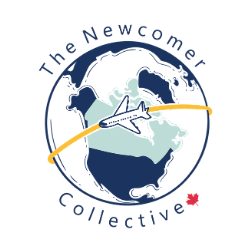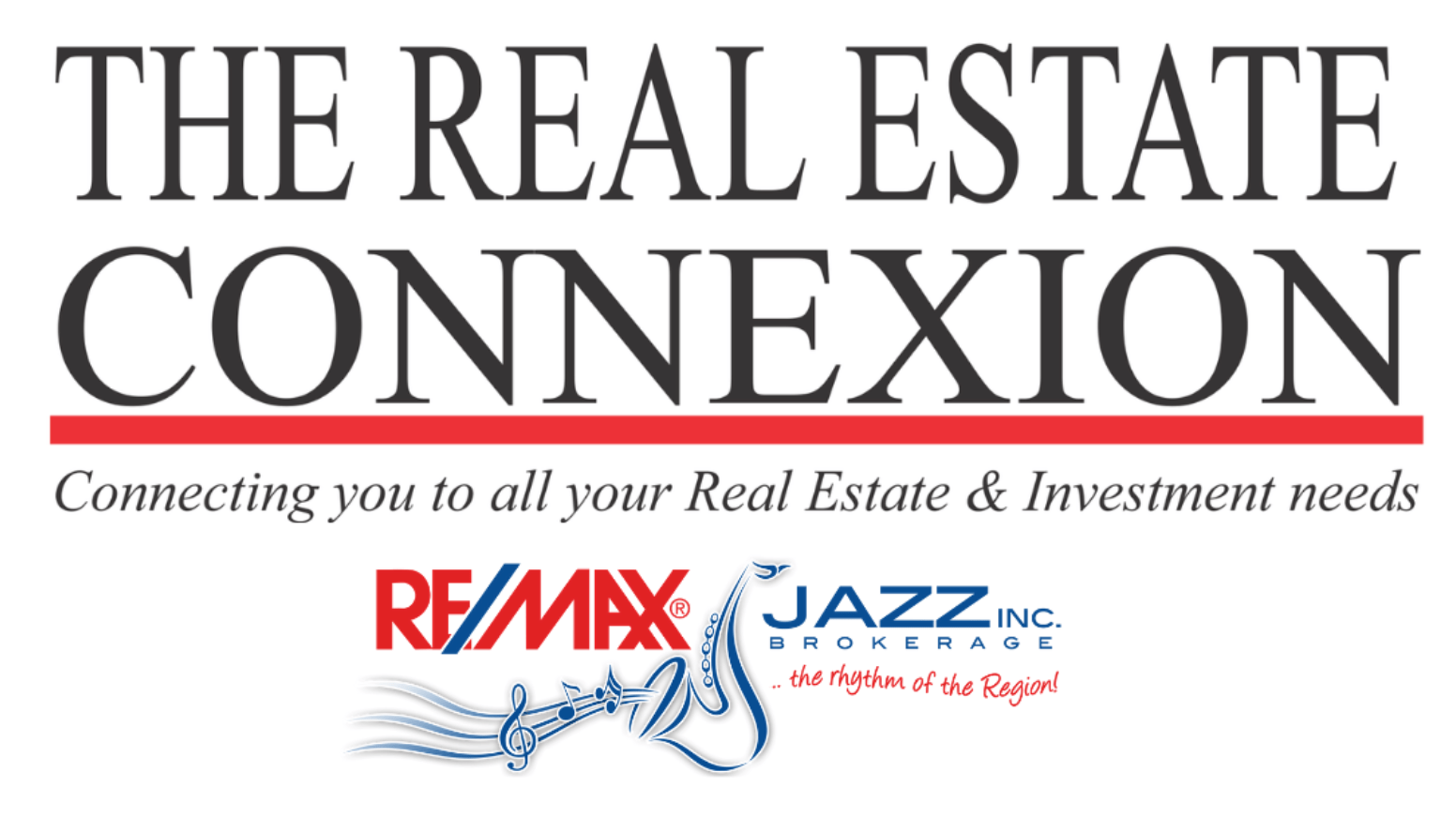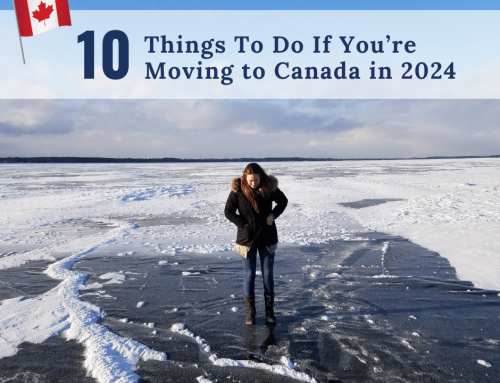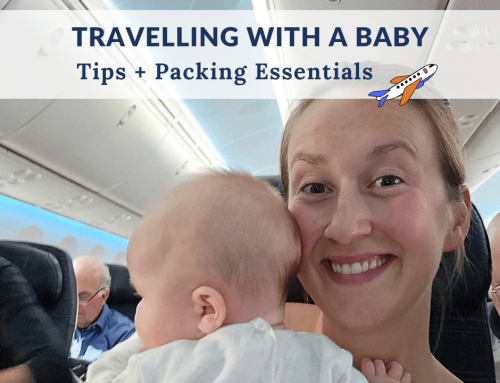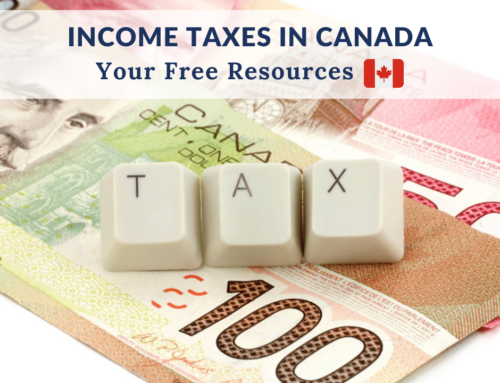Buying a Home as a Newcomer to Canada
Here are 9 things you need to consider if you’re thinking about buying a home as a newcomer to Canada – Provided by Real Estate Sales Representative and Founder of The Real Estate Connexion, RE/MAX Jazz Inc., Rebecca McGarvey.
1. Do you meet the criteria to buy a property?
You must prove that you have sufficient funds for the down payment. Additionally, you must have had the funds for at least three months when your file is examined. Even if the money comes from overseas, you must have it in your possession and be able to prove where the funds came from.
2. Do you have a good credit record?
You must have a bank account and a good credit record. Signing up for a credit card will allow you to establish your credit report, also known as a credit bureau score, required by the bank and a mortgage insurer. Most financial institutions grant credit cards to newcomers. If you have a credit report from abroad, the report will not follow you to Canada. If you’re a newcomer who wants to buy property but do not yet have a presence in a credit bureau’s files, know that banks have other ways of checking your credit history. In fact, your payment history can be verified through confirmations of your rent payment or of payment of public-record bills like your electricity or cell phone bill.
3. Have you looked into a Mortgage pre-approval?
Mortgage pre-approval can be very useful, as it makes the process easier for you in three ways: It determines how much you can borrow for a mortgage, it gives you more bargaining power with the seller, and it locks in your mortgage interest rate for 60 to 120 days. A mortgage advisor can help you get pre-approved.
4. Determine your down payment
- The down payment reduces the loan amount and the interest paid in your payments.
- The down payment could come from your cash savings, investments, a gift, an inheritance or even your RRSP funds. Additionally, you could take advantage of the Home Buyers’ Plan and withdraw up to $35,000 from your RRSP to use as a down payment.
- If your down payment amounts to 20% or more of the purchase price of your home, you may be eligible for a conventional loan and could save on mortgage insurance costs.
- In cases where mortgage financing represents more than 80% of the value of the property, banks are required by law to obtain mortgage loan insurance coverage. A mortgage loan insurance premium would be charged and could be added to the amount being financed. The smaller the down payment, the higher the premium.
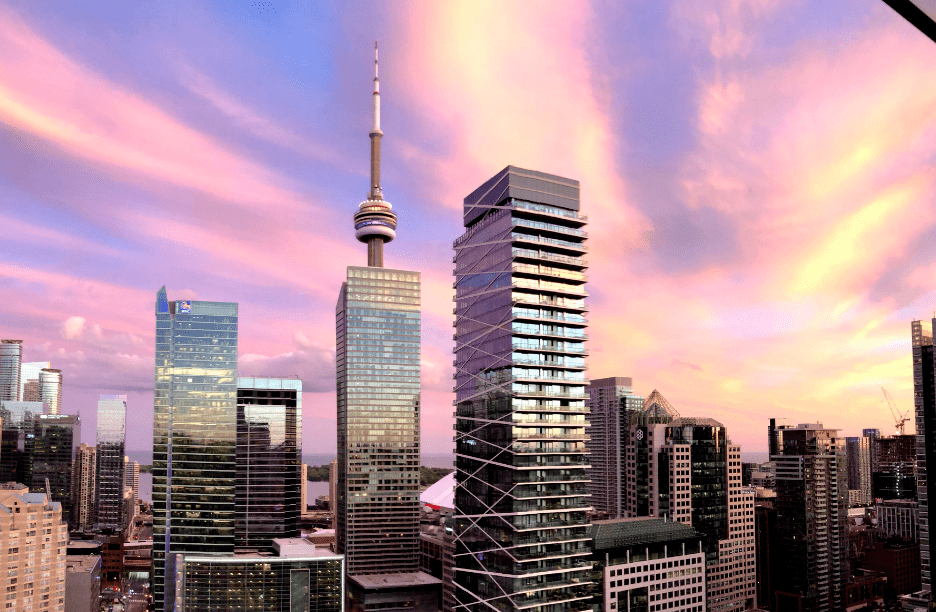
5. Understand your current real estate market
Whether you’ve just moved to Canada or have been here for a few years, it’s important to understand your area’s current real estate market before buying or deciding to rent. Contact a Registered Real Estate Sale Representative. They will be one of your best allies for buying your future property. Your Real Estate Rep will understand the current market conditions for your area and guide you from beginning to end in your homeownership journey.
6. How much do Real Estate Sales Representatives cost?
Real Estate Sales Representatives are paid through a commission negotiated before a property is sold. This is often a percentage of the amount of the sale, usually between 2 and 6%. The seller pays the broker. However, be aware that it is up to the buyer to pay other costs related to buying property.
7. What other costs apply?
Start-up costs:
- Home Inspection
- Appraisal fees
- Land Transfer Tax
- Mortgage Insurance premiums
- Legal fees
- Moving expenses.
Other costs as a homeowner:
- Property Taxes,
- Property Insurance
- Mortgage Payments
- Utilities
- Property Maintenance / Updates – painting, flooring etc.
8. What kind of home do you want?
What are you looking for? Fully detached, a condo or townhouse? Do you want to live in the city or the suburbs or country property? Do you want to buy new construction or an existing home? These are some of the important questions you’ll have to answer.
You can do your own research but your Real Estate Sales Representative should also help you in your search and provide you with their knowledge and expertise throughout the entire process to get you into your new home!
9. Don’t Overspend!
Stay within your budget. Just because you make more doesn’t mean you need to spend more. Unexpected future costs, job changes, etc. can add a huge burden on already cash strapped new homeowners
Money is tight for most first-time homeowners. Not only are your savings depleted, but your monthly expenses will likely be higher as well, thanks to the new costs of homeownership. Everyone wants to personalize a new home and upgrade what may have been temporary apartment furniture for something nicer, but don’t go on a massive spending spree to improve everything all at once. Just as crucial as getting your first home is staying in it, and as important as updating your kitchen cabinets might seem, they aren’t worth jeopardizing your new status as a homeowner.
Thank you to our expert guest writer:
Rebecca McGarvey
Real Estate Sales Representative
Don’t forget to join the Newcomer Collective so you don’t miss out on any of our inspiring interviews and valuable ‘life in Canada’ lessons.
And, if you found this post helpful, pass it on to your fellow newcomers!
